Citric Acid Cleaning Hacks: Unlock the Sparkling Secrets to a Spotless Home!
Have you ever looked around your house and felt overwhelmed by the sheer amount of cleaning that needs to be done? I know I have! From stubborn hard water stains in the bathroom to grimy buildup in the kitchen, keeping a home sparkling can feel like a never-ending battle. But what if I told you there’s a simple, natural, and incredibly effective solution hiding in plain sight?
For centuries, cultures around the world have harnessed the power of citrus fruits for their cleaning properties. Think of your grandmother squeezing lemon juice to brighten her whites or using orange peels to deodorize the garbage disposal. This isn’t just old wives’ tales; it’s practical science! The star of the show? Citric acid, a naturally occurring compound found in citrus fruits, is a powerhouse when it comes to breaking down grime, dissolving mineral deposits, and leaving surfaces gleaming.
In this article, I’m going to share my favorite citric acid cleaning hacks that will revolutionize your cleaning routine. Forget harsh chemicals and expensive store-bought cleaners. We’re going back to basics with a natural, budget-friendly alternative that’s safe for your family, your pets, and the environment. These DIY tricks are perfect for anyone looking to simplify their cleaning process, reduce their chemical exposure, and achieve a sparkling clean home with minimal effort. Get ready to discover the magic of citric acid and transform the way you clean!
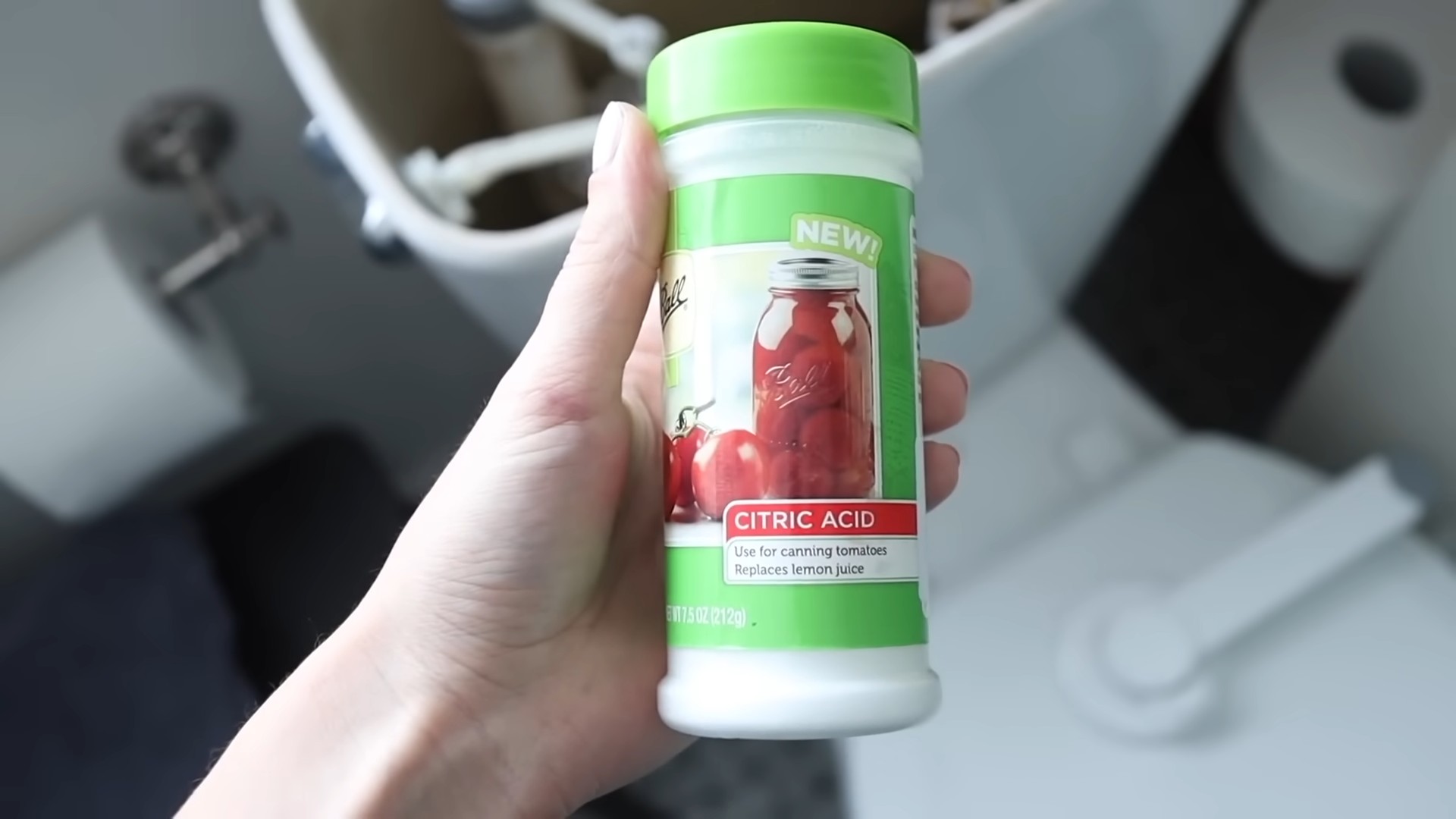
Citric Acid Cleaning Hacks: Your Ultimate DIY Guide
Hey there, fellow cleaning enthusiasts! I’m always on the lookout for effective and eco-friendly cleaning solutions, and citric acid has become my absolute go-to. It’s natural, powerful, and incredibly versatile. Forget harsh chemicals – let’s dive into some amazing DIY cleaning hacks using this wonder ingredient!
What is Citric Acid and Why Use It?
Citric acid is a naturally occurring acid found in citrus fruits like lemons and limes. It’s a fantastic cleaning agent because it’s:
* Biodegradable: Good for the environment!
* Non-toxic: Safer for you, your family, and your pets.
* Effective: Cuts through grease, grime, and hard water stains like a champ.
* Odorless: No harsh chemical smells lingering in your home.
* Affordable: A little goes a long way, making it a budget-friendly option.
General Safety Precautions
Before we get started, a quick word on safety:
* Always wear gloves: While citric acid is generally safe, prolonged contact can irritate your skin.
* Avoid contact with eyes: If citric acid gets in your eyes, rinse immediately with plenty of water.
* Test on an inconspicuous area: Before cleaning a large surface, test your solution on a small, hidden spot to ensure it doesn’t damage the material.
* Don’t mix with bleach: Mixing citric acid with bleach can create toxic fumes. Never, ever do it!
* Keep out of reach of children and pets: Store citric acid in a safe place, away from curious little hands and paws.
Hack 1: Descaling Your Kettle and Coffee Maker
Hard water can leave unsightly mineral deposits in your kettle and coffee maker, affecting their performance and the taste of your beverages. Citric acid to the rescue!
What you’ll need:
* 1-2 tablespoons of citric acid
* Water
Step-by-step instructions:
1. Prepare the solution: Fill your kettle or coffee maker with water. Add 1-2 tablespoons of citric acid, depending on the severity of the scale buildup. I usually start with 1 tablespoon and add more if needed.
2. Boil or run the solution: For kettles, boil the solution and let it sit for 30 minutes to an hour. For coffee makers, run the solution through a brewing cycle.
3. Rinse thoroughly: After soaking, discard the solution and rinse the kettle or coffee maker several times with fresh water until all traces of citric acid are gone. You don’t want a lemony aftertaste in your tea!
4. Repeat if necessary: If the scale is particularly stubborn, repeat the process.
Hack 2: Cleaning Your Dishwasher
Dishwashers can accumulate grime, food particles, and hard water deposits over time. Citric acid can help keep your dishwasher sparkling clean and running efficiently.
What you’ll need:
* 2-3 tablespoons of citric acid
Step-by-step instructions:
1. Empty the dishwasher: Make sure your dishwasher is completely empty.
2. Add citric acid: Pour 2-3 tablespoons of citric acid into the detergent dispenser.
3. Run a hot cycle: Run the dishwasher on its hottest cycle.
4. Optional: For extra cleaning power, you can also sprinkle a tablespoon of citric acid on the bottom of the dishwasher before running the cycle.
Hack 3: Removing Hard Water Stains from Showerheads and Faucets
Hard water stains can make your showerheads and faucets look dull and grimy. Citric acid can dissolve these mineral deposits and restore their shine.
What you’ll need:
* 1/4 cup of citric acid
* 1 cup of hot water
* Spray bottle or bowl
* Cloth or sponge
Step-by-step instructions:
1. Prepare the solution: Dissolve 1/4 cup of citric acid in 1 cup of hot water.
2. Apply the solution: Pour the solution into a spray bottle or bowl. Spray or apply the solution directly onto the affected areas.
3. Let it sit: Allow the solution to sit for 15-30 minutes, depending on the severity of the stains.
4. Scrub and rinse: Scrub the area with a cloth or sponge to remove the loosened mineral deposits. Rinse thoroughly with water.
5. For showerheads: If the showerhead is heavily stained, you can remove it and soak it in the citric acid solution for a few hours or overnight.
Hack 4: Cleaning Your Toilet Bowl
Citric acid can effectively remove stains and mineral deposits from your toilet bowl, leaving it clean and fresh.
What you’ll need:
* 1/4 cup of citric acid
* Toilet brush
Step-by-step instructions:
1. Sprinkle citric acid: Sprinkle 1/4 cup of citric acid into the toilet bowl.
2. Let it sit: Allow the citric acid to sit for at least 30 minutes, or even overnight for stubborn stains.
3. Scrub and flush: Scrub the toilet bowl with a toilet brush to remove the loosened stains. Flush the toilet.
Hack 5: Removing Rust Stains
Rust stains can be a real eyesore on various surfaces. Citric acid’s acidic properties make it an excellent rust remover.
What you’ll need:
* Citric acid powder
* Water
* Spray bottle or paste-making container
* Cloth or brush
Step-by-step instructions:
1. Prepare the solution: For light rust stains, mix 2 tablespoons of citric acid with 1 cup of water in a spray bottle. For heavier stains, create a paste by mixing citric acid powder with a small amount of water until you get a thick consistency.
2. Apply the solution: Spray the solution or apply the paste directly onto the rust stain.
3. Let it sit: Allow the solution or paste to sit for 30 minutes to a few hours, depending on the severity of the rust. For stubborn rust, you can let it sit overnight.
4. Scrub and rinse: Scrub the area with a cloth or brush to remove the loosened rust. Rinse thoroughly with water.
5. Repeat if necessary: If the rust stain is still visible, repeat the process.
Hack 6: Cleaning Burnt Food from Pots and Pans
Burnt food stuck to the bottom of pots and pans can be a nightmare to clean. Citric acid can help loosen the burnt residue, making it easier to scrub away.
What you’ll need:
* 1-2 tablespoons of citric acid
* Water
Step-by-step instructions:
1. Fill the pot or pan: Fill the pot or pan with enough water to cover the burnt food.
2. Add citric acid: Add 1-2 tablespoons of citric acid to the water.
3. Boil the solution: Bring the solution to a boil and let it simmer for 15-30 minutes.
4. Let it cool: Allow the solution to cool slightly.
5. Scrub and rinse: Scrub the pot or pan with a sponge or scouring pad to remove the loosened burnt food. Rinse thoroughly with water.
Hack 7: Freshening Up Your Laundry
Citric acid can be used as a natural laundry booster to brighten whites, remove odors, and soften fabrics.
What you’ll need:
* 1/4 cup of citric acid
Step-by-step instructions:
1. Add to the washing machine: Add 1/4 cup of citric acid to your washing machine along with your regular detergent.
2. Wash as usual: Wash your clothes as usual.
Hack 8: Cleaning Cutting Boards
Cutting boards, especially wooden ones, can harbor bacteria and odors. Citric acid can help sanitize and deodorize them.
What you’ll need:
* 1 tablespoon of citric acid
* 1 cup of warm water
* Spray bottle or cloth
Step-by-step instructions:
1. Prepare the solution: Dissolve 1 tablespoon of citric acid in 1 cup of warm water.
2. Apply the solution: Spray the solution onto the cutting board or wipe it down with a cloth soaked in the solution.
3. Let it sit: Allow the solution to sit for 5-10 minutes.
4. Rinse and dry: Rinse the cutting board thoroughly with water and dry it completely.
Hack 9: Making a DIY All-Purpose Cleaner
This is my favorite! You can create your own all-purpose cleaner using citric acid,
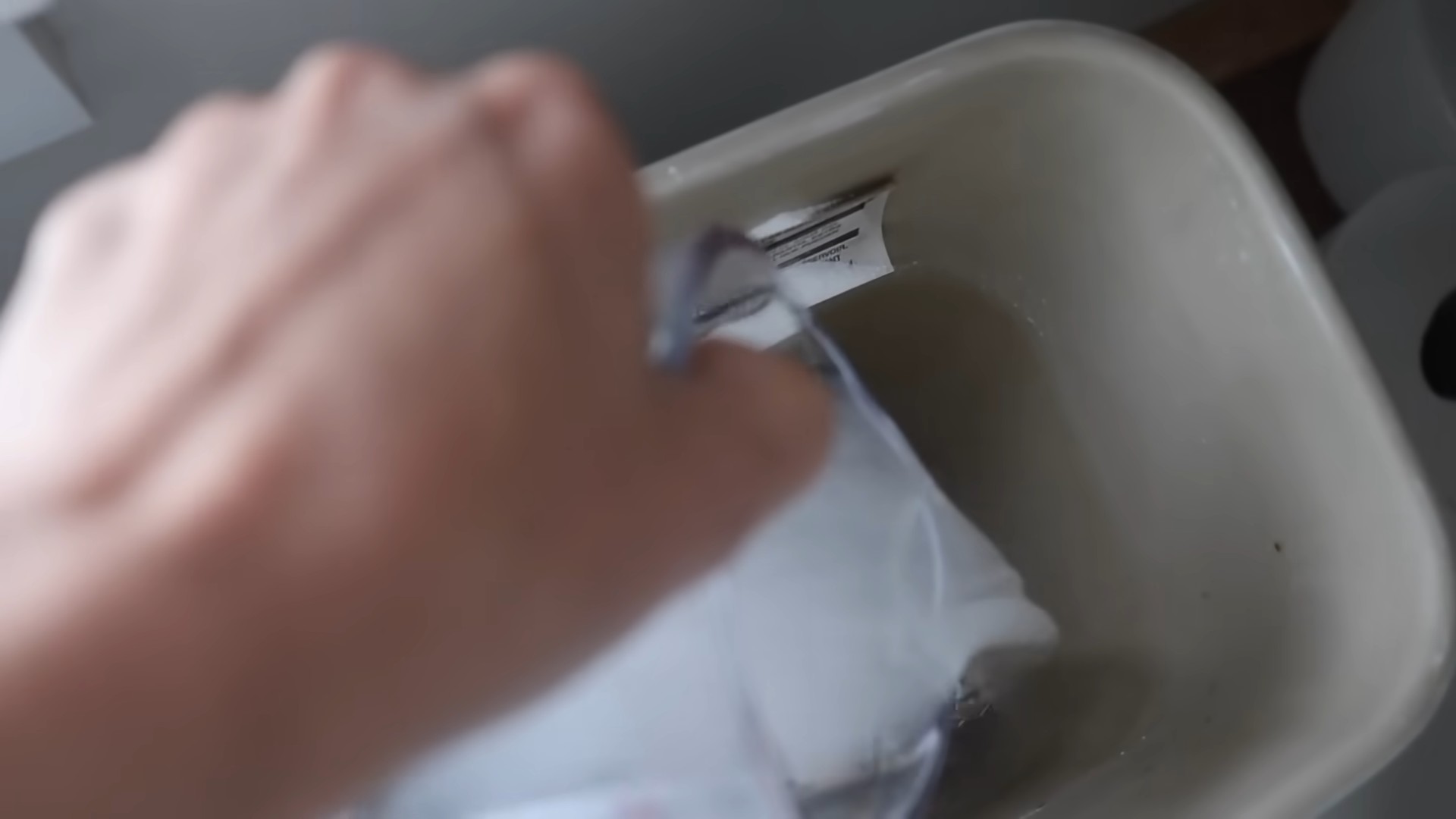
Conclusion
So, there you have it! Ditching harsh chemicals and embracing the power of citric acid for your cleaning needs is not just a trend; it’s a smart, effective, and eco-conscious choice. We’ve explored a range of applications, from banishing hard water stains in your bathroom to revitalizing your kitchen appliances. The versatility of this natural acid is truly remarkable, making it an indispensable tool in any home.
Why is this DIY citric acid cleaning approach a must-try? Because it offers a trifecta of benefits: it’s safe for your family and pets, it’s gentle on the environment, and it’s incredibly effective at tackling a wide array of cleaning challenges. You’re not just cleaning; you’re contributing to a healthier home and a more sustainable lifestyle.
But the beauty of DIY lies in its adaptability. Feel free to experiment with different concentrations of citric acid solution to find what works best for your specific needs. For instance, if you’re dealing with particularly stubborn limescale buildup, you might want to increase the concentration slightly. Conversely, for delicate surfaces like certain types of stone, a more diluted solution is advisable.
Consider adding a few drops of your favorite essential oil to your citric acid cleaning solutions for an extra boost of freshness. Lavender, lemon, and tea tree oil are all excellent choices, not only for their pleasant scents but also for their inherent antibacterial properties. You can also infuse your cleaning solutions with herbs like rosemary or thyme for a more natural and aromatic experience.
Another variation to explore is using citric acid in combination with other natural cleaning agents. For example, a paste of citric acid and baking soda can be incredibly effective for scrubbing grout or removing tough stains from stainless steel. Just remember to test any new cleaning solution on an inconspicuous area first to ensure it doesn’t damage the surface.
We’ve shown you how to make your own toilet bowl cleaner, dishwasher rinse aid, and even a descaler for your kettle. These are just starting points. Think about other areas in your home where you could benefit from the power of citric acid. Perhaps you could use it to clean your coffee maker, remove soap scum from your shower doors, or even brighten your laundry.
The possibilities are endless, and the results are consistently impressive. So, ditch the harsh chemicals, embrace the natural cleaning power of citric acid, and experience the difference for yourself.
We are confident that once you try these citric acid cleaning hacks, you’ll be amazed by the results. We encourage you to give them a try and share your experiences with us! Let us know what worked best for you, what variations you tried, and any other tips or tricks you discovered along the way. Your feedback will help us continue to refine and improve these DIY cleaning solutions for everyone. Share your before-and-after photos, your favorite recipes, and your success stories in the comments section below. Let’s build a community of eco-conscious cleaners who are passionate about creating healthier homes and a more sustainable future.
Frequently Asked Questions (FAQs)
What exactly is citric acid, and where can I buy it?
Citric acid is a naturally occurring organic acid found in citrus fruits like lemons and limes. It’s a weak acid, making it safe for household use when diluted properly. You can purchase citric acid in powdered form at most grocery stores, health food stores, and online retailers. Look for it in the baking aisle or the cleaning supplies section. It’s often sold as a food preservative or a cleaning agent. Make sure you are buying pure citric acid and not a blend with other chemicals.
Is citric acid safe to use around children and pets?
While citric acid is generally considered safe, it’s still important to exercise caution when using it around children and pets. Keep citric acid powder and cleaning solutions out of their reach. Avoid spraying solutions directly in their faces or allowing them to ingest them. If ingestion occurs, contact a poison control center or veterinarian immediately. Always rinse surfaces thoroughly after cleaning with citric acid to remove any residue.
Can I use lemon juice instead of citric acid powder?
Yes, you can use lemon juice as a substitute for citric acid powder, but keep in mind that it’s less concentrated. You’ll need to use a larger quantity of lemon juice to achieve the same cleaning effect. Also, lemon juice contains sugars that can leave a sticky residue, so you may need to rinse surfaces more thoroughly. For best results, stick with pure citric acid powder.
What surfaces should I avoid cleaning with citric acid?
While citric acid is generally safe for most surfaces, there are a few exceptions. Avoid using it on natural stone surfaces like marble, granite, and limestone, as it can etch or damage them. Also, avoid using it on aluminum, as it can cause corrosion. Always test any new cleaning solution on an inconspicuous area first to ensure it doesn’t damage the surface.
How do I store citric acid powder and cleaning solutions?
Store citric acid powder in a cool, dry place in an airtight container. This will prevent it from clumping or absorbing moisture. Store citric acid cleaning solutions in labeled spray bottles or containers, away from direct sunlight and heat. Keep them out of reach of children and pets.
How long do citric acid cleaning solutions last?
Citric acid cleaning solutions typically last for several weeks or even months when stored properly. However, it’s best to use them within a few weeks for optimal effectiveness. If you notice any discoloration or cloudiness, discard the solution and make a fresh batch.
Can I use citric acid to clean my washing machine?
Yes, citric acid is an excellent natural descaler for washing machines. To clean your washing machine, add about 1/2 cup of citric acid powder to the drum and run a hot water cycle. This will help remove mineral buildup and freshen up your machine.
How can I remove stubborn stains with citric acid?
For stubborn stains, create a paste of citric acid powder and water. Apply the paste to the stain and let it sit for several minutes before scrubbing gently with a brush or sponge. Rinse thoroughly with water. You may need to repeat the process for particularly stubborn stains.
Is citric acid environmentally friendly?
Yes, citric acid is considered an environmentally friendly cleaning agent. It’s biodegradable and non-toxic, making it a much safer alternative to harsh chemical cleaners. When you use citric acid, you’re reducing your exposure to harmful chemicals and contributing to a healthier planet.
What if I experience skin irritation when using citric acid?
While citric acid is generally safe for skin contact, some people may experience mild irritation. If you have sensitive skin, wear gloves when handling citric acid powder or cleaning solutions. If you experience any redness, itching, or burning, rinse the affected area thoroughly with water.


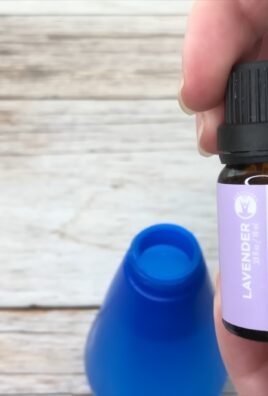
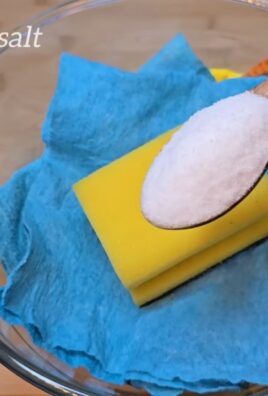
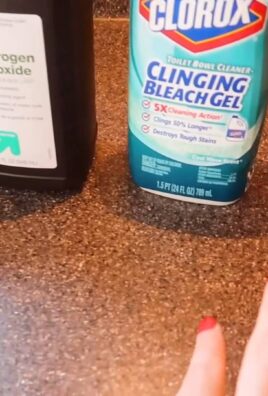
Leave a Comment